Educational games come across as one of the best choices for students. These games are super fun and help kids to learn while also playing. They combine learning and fun together, so kids can get better at school and develop important skills. Apart from this, there are a range of benefits of educational games for kids. When children play educational games, they can comprehend concepts better and remember what they have studied. Moreover, parents and teachers are also realizing the importance of such games and incorporate them into the daily routines of the child. Through this blog, let’s look at why educational games are so engaging and interesting.
Table of Contents
What Are Educational Games?
Educational games are unique games that help kids to learn. They are used in classrooms to make study more interesting and exciting. Teachers use these games to make students understand different subjects like math, reading, and science. When kids play educational games, they learn new things in a fun manner. These games are part of a teaching method called game-based learning. This method uses games to teach important lessons. Schools today incorporate several educational games for child development.
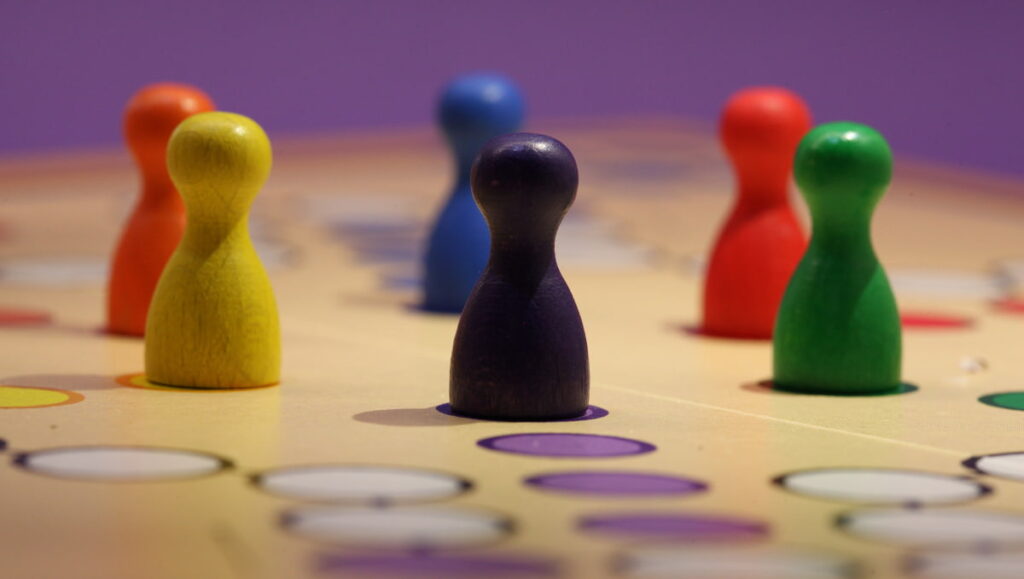
Benefits of Educational Games for Child Development
Educational games play a key role in shaping a student’s personality. Here are some key benefits:
1. Develop Focusing Ability
Games can make kids focused. Some people think that games distract kids, but research shows that playing games can actually make them pay more attention. Some studies show that when kids play educational games, they learn to stay alert and focus for a long time. So after playing a game, kids might find it more comfortable to focus on other things too.
2. Improves Memory
When talking about the benefits of educational games, it also helps kids to remember things easily. Many studies show that games, especially video games, can improve a kid’s memory. Kids who play games frequently can remember more details and keep that information in their brains longer. So, educational games give kids a memory workout while also teaching them new things.
3. Makes Learning Fun and Engaging
Educational games are very much fun, and this fun enables kids to learn more. Kids enjoy playing, and when they play educational games, they learn at the same time. Such motivation makes them learn more while playing. When kids play games, they focus on the learning part because the game makes it exciting. Educational games help kids to remember things because they enjoy the game. Learning through games for kids helps them think about what they are learning in a fun way.
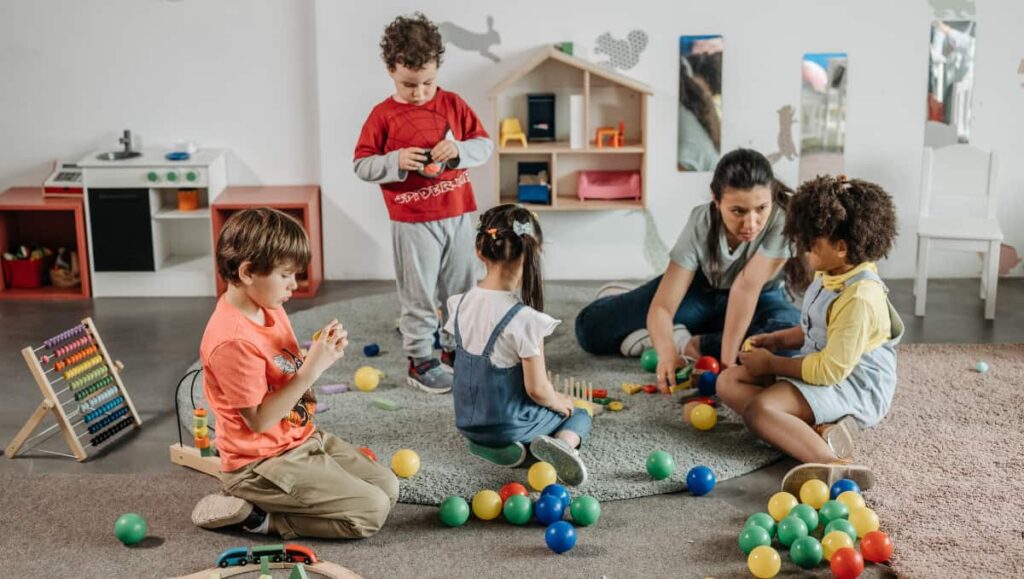
4. Supports Classroom Learning
Educational games are a great way to make kids practice what they learn in school. They can use these games to understand difficult subjects and strengthen lessons in an exciting way. Games allow kids to apply what they have learned and keep them interested in learning. When games are part of a lesson, they make studying feel less like work and more like play, which helps kids learn better.
5. Increases Motivation to Learn
Teachers use educational games for child development such as making them motivated. When kids play a game, they want to succeed and win. This natural desire to do well in the game helps them stay motivated to keep learning. Studies have shown that kids are more motivated to pay attention and join in when games are part of their lessons.
6. Helps Kids To Work Together and Cooperate
Learning to work as a team is very important, and educational games can help with this. Many kids enjoy team games, and these games help them practice working with others. They learn how to take turns, listen to teammates, and respect each other. Learning through games for kids develops cooperation skills that are useful both in and out of the classroom.
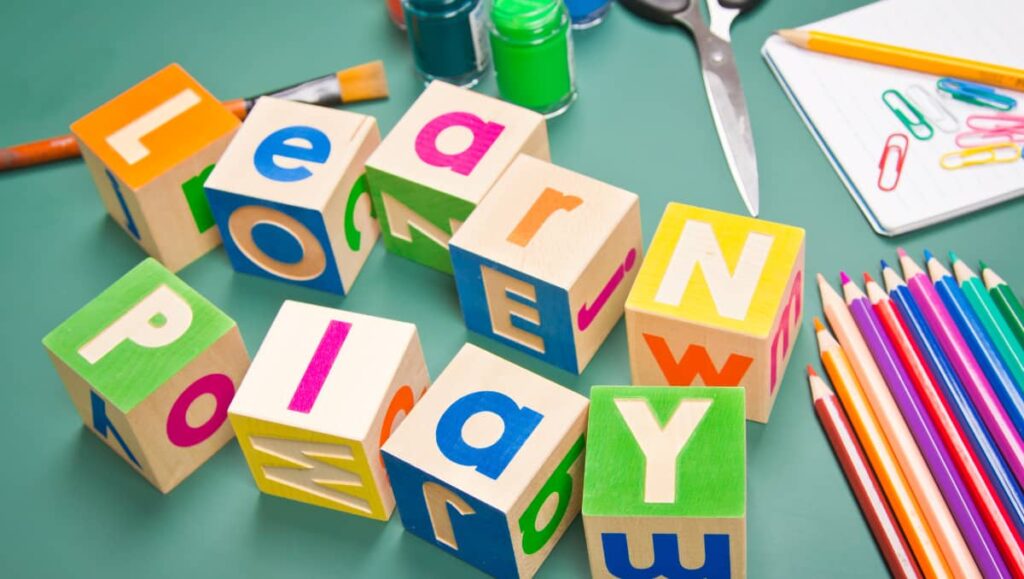
7. Supports Social and Emotional Skills
When kids play games, they understand how to communicate with others, share, and interact. Games can make kids feel more confident because they succeed with their teammates and learn from each other. This makes kids feel better about themselves and others. Games also help children understand their emotions and develop social skills, which are important for making friends and getting along with others.
8. Improves Problem-Solving Skills
Educational games teach kids how to solve problems. For example, in some games, kids have to think carefully to figure out solutions. Games teach kids to think creatively and use logic to solve difficult tasks. Educational games for child development help children to practice these abilities in a fun and exciting way.
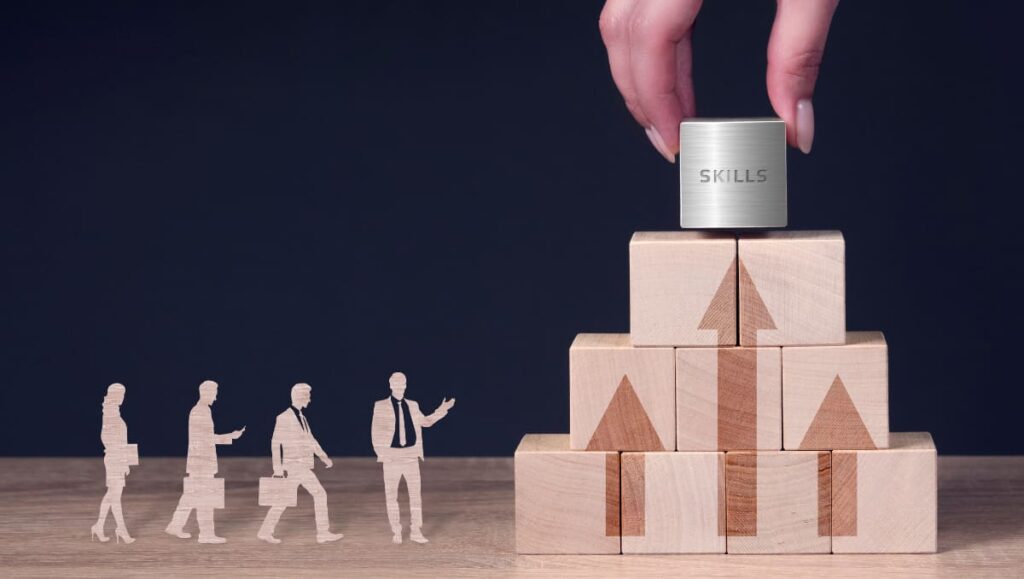
Conclusion
Educational games are amazing tools for helping kids to learn and grow. They make learning more interesting and enjoyable and also help children to build important skills. The benefits of educational games can be explored by incorporating them into a child’s everyday routine. These games help kids to understand concepts, develop problem-solving abilities, and work adequately with others.
At Sanjay Ghodawat International School, Pune, we believe in making learning fun and effective through the power of educational games. By incorporating engaging educational games into our curriculum, we make sure that children not only top in their academics but also grow socially and emotionally. Join SGIS today, where learning is a complete adventure for your child.
Also Read – The Role of Field Trips in Practical Learning


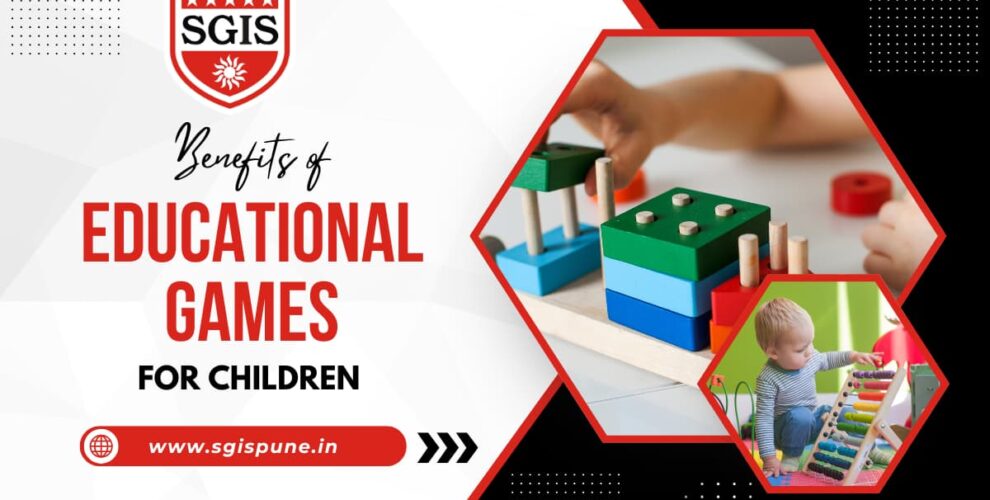





Leave a Reply